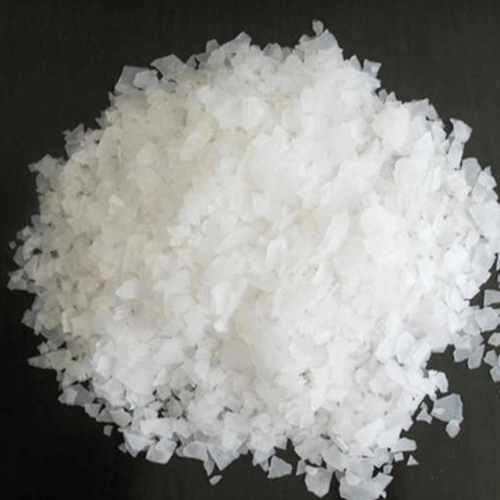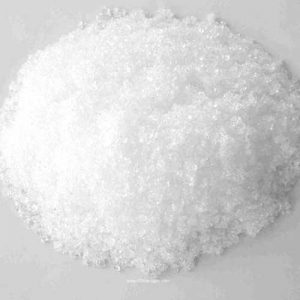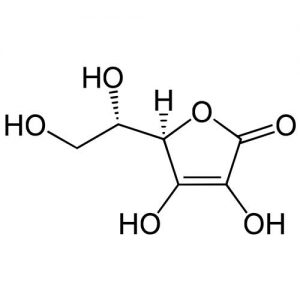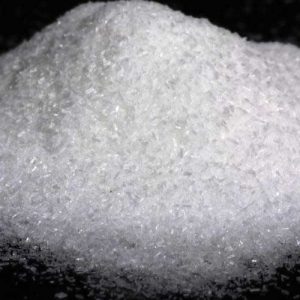- Have any questions?
- 91-22-23726950
- 91-22-23774610

Magnesium Metal
May 10, 2019
Magnesium Sulfate
May 10, 2019Magnesium Chloride
Muby Chemicals established in the year 1976, is pioneer in Manufacturing Chemicals for Oil and Gas Exploration, Hydraulic Fracturing (Fracking) and coiled tube Chemicals.Our advanced chemistry leading to an innovative and high-performance product range is coupled with effective on and off site management services.
We are manufacturer of Specialty chemicals, Pharmaceutical Excipients, Fragrance & Flavorchemicals in India, which are of IP, BP, USP, Ph. Eur., FCC or Food Grade, ACS, AR or Analytical Reagent Grade, LR or Laboratory Reagent Grade, Pure and Technical Grades of various chemicals.
Muby Chemicals, established in 1976, is the pioneer manufacturer of Chlorides, and particularly Magnesium Chloride including Magnesium Chloride Anhydrous, Hexahydrate & Magnesium Chloride IP BP USP ACS Analytical Grade FCC Food Grade, Crystals Powder Lumps etc. We know about Magnesium Chloride better than any other vendor in the world.
Certificate of Analysis for Magnesium Chloride Anhydrous
Magnesium Chloride Anhydrous
MOLECULAR FORMULA MgCl2
MOLECULAR WEIGHT 95.21
Particulars ………….. Specification ……………….. Results
Assay as MgCl2 ……….. Min 98.5% …………………… 99.20%
Identification ……….. Positive for Chloride & Magnesium- Positive for Chloride & Magnesium
Solubility …………… Freely soluble in water ………. Freely soluble in water
Description ………….. A white deliquescent powder …… A white deliquescent powder
…………………….. free from visible impurities…… free from visible impurities
pH of 10% w/v solution … 5.0-6.5 …………………….. 6.1
Sodium as Na …………. 50 ppm max ………………….. 10 ppm
Lead as Pb …………… 4 ppm max …………………… 1 ppm
Moisture …………….. 2% max ……………………… 1.15%
Heavy metals …………. 20 ppm max ………………….. 4 ppm
Matter insoluble in water- 1000 ppm max ………………… 560 ppm
Sulfate as SO4 ……….. 300 ppm max …………………. 15 ppm
Arsenic ……………… 1 ppm max …………………… Nil
Iron as Fe …………… 20 ppm max ………………….. 5 ppm
Total Aerobic Count …… 1000 cfu/g max ………………. 410 cfu/g
Magnesium Chloride Anhydrous Blocks of 99.9% purity in Polythene packs and Steel boxes
Content: ≥ 99.9% MgCl2

Magnesium Chloride Anhydrous Granule, Chips & Flakes 97% as it is and 99.9% Dry Basis Assay
Content: 98-99% as it is with balance mainly moisture Dry Basis Assay 99.9%
Package: 25 or 50kg/bag or 1MT in Jumbo Bag
Specification: 2—6 mm for granules
 —
—  —
—  —
— 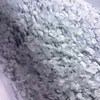
Magnesium Chloride Hexahydrate Specifications:
Magnesium Chloride Hexahydrate Pure Crystals/Pellets
Formula …………….: MgCl2-6H2O
Molecular Weight …….: 203.3
Purity as MgCl2.6H2O …: 99.5% minimum
Appearance ………….: White Crystals or White Pellets
Sulphate ……………: 0.01% max
Calcium …………….: 0.1% max
Iron ……………….: 10 ppm max
Heavy Metals ………..: 1 ppm max
Magnesium Chloride Hexahydrate Technical Crystals
Formula …………….: MgCl2-6H2O
Molecular Weight …….: 203.3
Purity as MgCl2.6H2O …: 99% minimum
Appearance ………….: White to off-White Crystals
Sulphate ……………: 0.5% max
Calcium …………….: 0.7% max
Iron ……………….: 25 ppm max
Heavy Metals ………..: 5 ppm max
Magnesium Chloride Hexahydrate Technical Flakes
Formula …………….: MgCl2-6H2O
Molecular Weight …….: 203.3
Purity as MgCl2.6H2O …: 99% minimum
Appearance ………….: White Flakes
Sulphate ……………: 0.5% max
Calcium …………….: 0.7% max
Iron ……………….: 25 ppm max
Heavy Metals ………..: 5 ppm max
Magnesium chloride is the name for the chemical compounds with the formulas MgCl2 and its various hydrates MgCl2-(H2O)x. These salts are typical ionic halides, being highly soluble in water. The hydrated material can be extracted from brine or sea water. Magnesium chloride as the natural mineral Bischofite is also extracted (solution mining) out of ancient sea beds, for example the Zechstein seabed in NW Europe or the Permian Period seabed in the central parts of the US. Anhydrous MgCl2 is the principal precursor to magnesium metal, which is produced on a large scale.
Magnesium chloride (E511 is an important coagulant used in the preparation of cheese and tofu. In Japan it is sold as nigari (derived from the Japanese word for “bitter”), In China, it is called lushui. Nigari or lushui consists mostly of magnesium chloride, with some magnesium sulfate and other trace elements. It is also an ingredient in baby formula milk.
It is used for a variety of other applications besides the production of magnesium: the manufacture of textiles, paper, fireproofing agents, cements and refrigeration brine and dust and erosion control. Mixed with hydrated magnesium oxide, magnesium chloride forms a hard material called Sorel cement. Magnesium ion Mg2+ (usually added as the chloride) is an important component in the polymerase chain reaction, a procedure used to amplify DNA fragments. It is used in water treatment. It is also used as a humectant in paper industry.
It is also used in several medical and topical (skin related) applications. It has been used in pills as supplemental sources of magnesium, where it serves as a soluble compound which is not as laxative as magnesium sulfate, and more bio available than magnesium hydroxide and magnesium oxide, since it does not require stomach acid to produce soluble Mg2+ ion. It can also be used as an effective anesthetic for cephalopods and several species of bivalve, including oysters.
A number of state highway departments throughout the United States have decreased the use of rock salt and sand on roadways and have increased the use of solutions of magnesium chloride (often called “liquid magnesium chloride”) as a de-icer or anti-icer. It is much less toxic to plant life surrounding highways and airports, and is less corrosive to concrete and steel (and other iron alloys) than sodium chloride. Road departments and private industry may apply liquid or powdered magnesium chloride to control dust and erosion on unimproved (dirt or gravel) roads and dusty job sites such as quarries.
Magnesium chloride has shown promise as a storage material for hydrogen. Ammonia, which is rich in hydrogen atoms, is used as an intermediate storage material. Ammonia can be effectively adsorbed onto solid magnesium chloride, forming Mg(NH3)6Cl2. Ammonia is released by mild heat, and is then passed through a catalyst to give hydrogen gas.
Another major use is in the preparation of Oxychloride Cement (3MgO MgCl2-11H2 O) which are made up in carefully balanced proportions of MgCl2 and a dry mix consisting of calcined Magnesium Oxide (MgO) or Magnesite with fillers and other aggregates depending upon the requirement. It is used in industrial floorings, ship decks, railway passenger coach floorings, hospital floors and for aircraft hangar floors, ammunition factory floors, missile silos and underground armament factories and bunkers.
Magnesium chloride is used in the manufacturing of Abrasive Bricks for polishing of marble, granite and other stones which are becoming increasingly popular in the building industry today.
In the developing countries, as well as all other grain, pulses, and rice eating nations, Oxychloride Cement is used in the manufacture of soft grinding wheels ( Danish Stones).
It is also is used in the manufacture of Magnesium Hydroxide Mg(OH) 2 for further preparation of Antacids for relieving stomach problems and ulcers. It is also used for alimentation.
One of the most important uses of Magnesium Hydroxide today in Europe and America is as a flame retardant in polymers. It is used as a fire proofing agent for impregnation of wood, especially in mine timbers and specialized particle board. It is used in fire-extinguishing agents.
It is used directly extensively for sizing of cotton yarn, especially denim.
Extensively used for the treatment of Hypomagnesaemia (Grass Tetany or Grass Staggers). It is an additive in fertilizer industry. It is also used in sugar-beet processing and in processing Soya Bean as a food additive.
It is used in preparation of bath salts since it contains therapeutic minerals.

